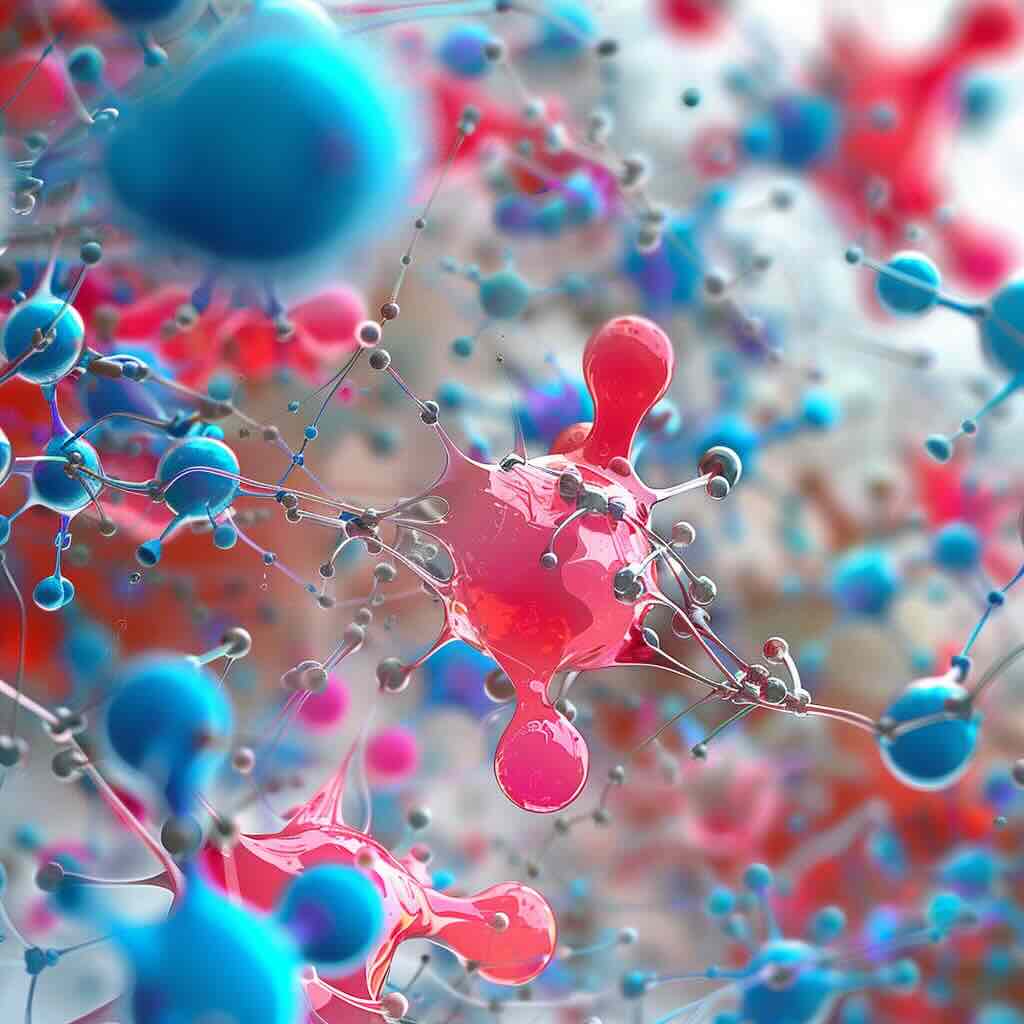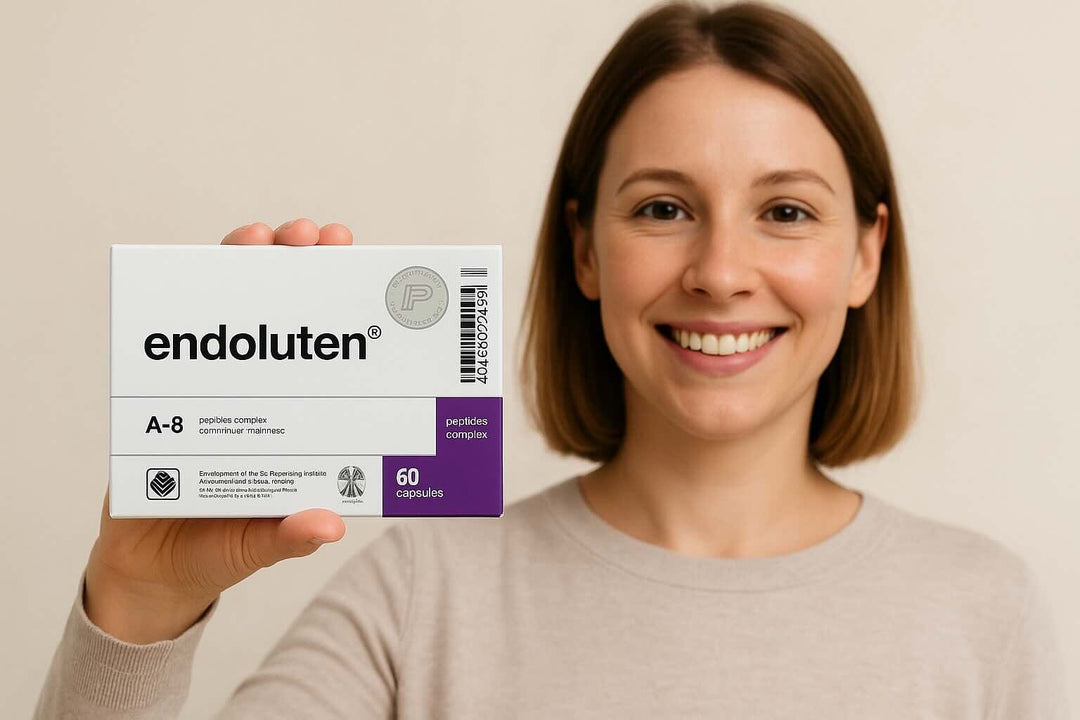Antioxidants are substances that can prevent or slow damage to cells caused by free radicals, unstable molecules that the body produces as a reaction to environmental and other pressures.
They are sometimes called "free-radical scavengers."
The sources of antioxidants can be natural or artificial. Certain plant-based foods are thought to be rich in antioxidants. Plant-based antioxidants are a kind of phytonutrient, or plant-based nutrient.
The body also produces some antioxidants, known as endogenous antioxidants. Antioxidants that come from outside the body are called exogenous.
Free radicals are waste substances produced by cells as the body processes food and reacts to the environment. If the body cannot process and remove free radicals efficiently, oxidative stress can result. This can harm cells and body function. Free radicals are also known as reactive oxygen species (ROS).
Factors that increase the production of free radicals in the body can be internal, such as inflammation, or external, for example, pollution, UV exposure, and cigarette smoke.
Oxidative stress has been linked to heart disease, cancer, arthritis, stroke, respiratory diseases, immune deficiency, emphysema, Parkinson's disease, and other inflammatory or ischemic conditions.
Antioxidants are said to help neutralize free radicals in our bodies, and this is thought to boost overall health.
Antioxidants can protect against the cell damage that free radicals cause, known as oxidative stress.
Activities and processes that can lead to oxidative stress include:
mitochondrial activity
excessive exercise
tissue trauma, due to inflammation and injury
ischemia and reperfusion damage
consumption of certain foods, especially refined and processed foods, trans fats, artificial sweeteners, and certain dyes and additives
smoking
environmental pollution
radiation
exposure to chemicals, such as pesticides and drugs, including chemotherapy
industrial solvents
ozone
Such activities and exposures can result in cell damage.
This, in turn, may lead to:
an excessive release of free iron or copper ions
an activation of phagocytes, a type of white blood cell with a role in fighting infection
an increase in enzymes that generate free radicals
a disruption of electron transport chains
All these can result in oxidative stress.
The damage caused by antioxidants has been linked to cancer, atherosclerosis, and vision loss. It is thought that the free radicals cause changes in the cells that lead to these and possibly other conditions.
An intake of antioxidants is believed to reduce these risks.
According to one study: "Antioxidants act as radical scavenger, hydrogen donor, electron donor, peroxide decomposer, singlet oxygen quencher, enzyme inhibitor, synergist, and metal-chelating agents."
Other research has indicated that antioxidant supplements may help reduce vision loss due to age-related macular degeneration in older people.
Overall, however, there is a lack of evidence that a higher intake of specific antioxidants can reduce the risk of disease. In most cases, results have tended to show no benefit, or a detrimental effect, or they have been conflicting.
Types
There are thought to be hundreds and possibly thousands of substances that can act as antioxidants. Each has its own role and can interact with others to help the body work effectively.
"Antioxidant" is not really the name of a substance, but rather it describes what a range of substances can do.
Examples of antioxidants that come from outside the body include:
vitamin A
vitamin C
vitamin E
beta-carotene
lycopene
lutein
selenium
manganese
zeaxanthin
Flavonoids, flavones, catechins, polyphenols, and phytoestrogens are all types of antioxidants and phytonutrients, and they are all found in plant-based foods.
Each antioxidant serves a different function and is not interchangeable with another. This is why it is important to have a varied diet.





